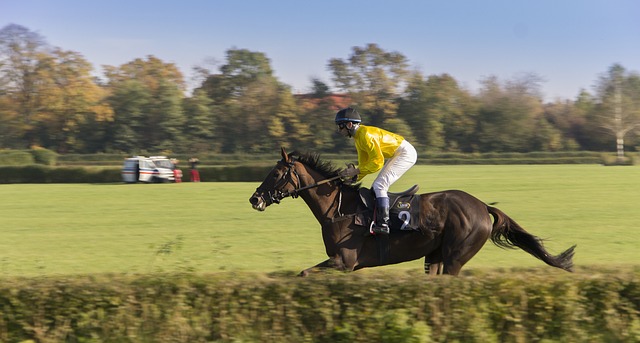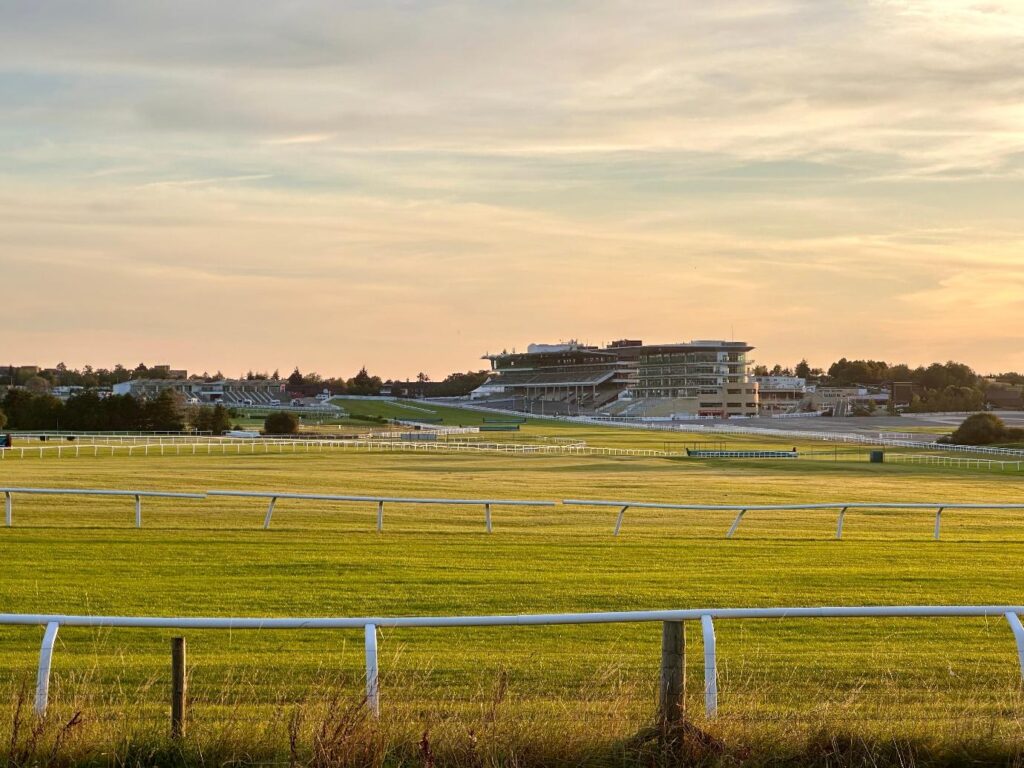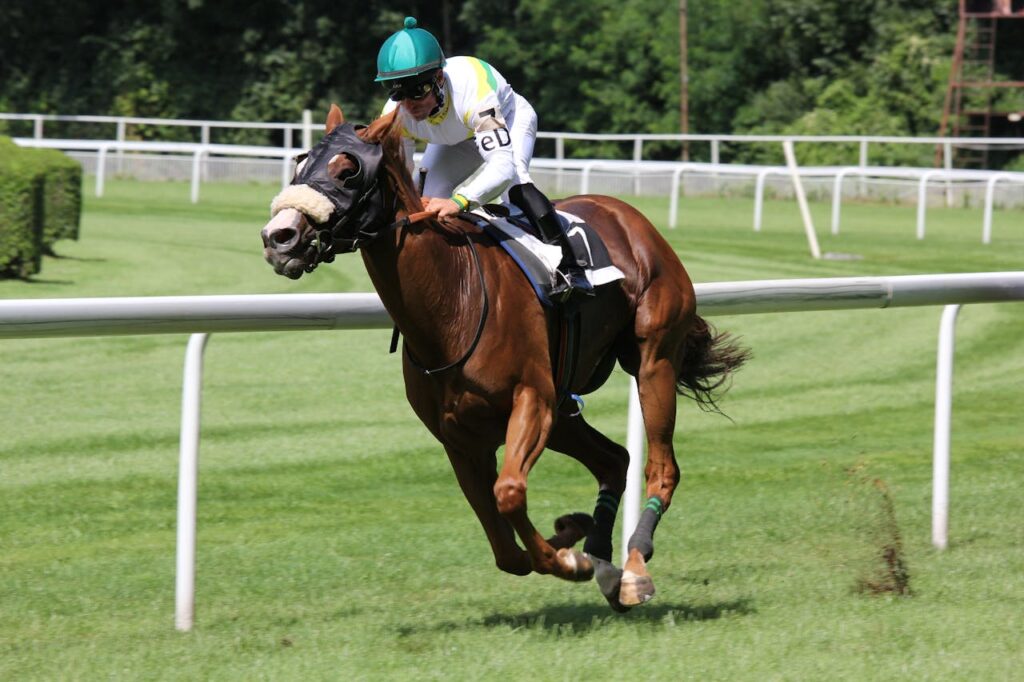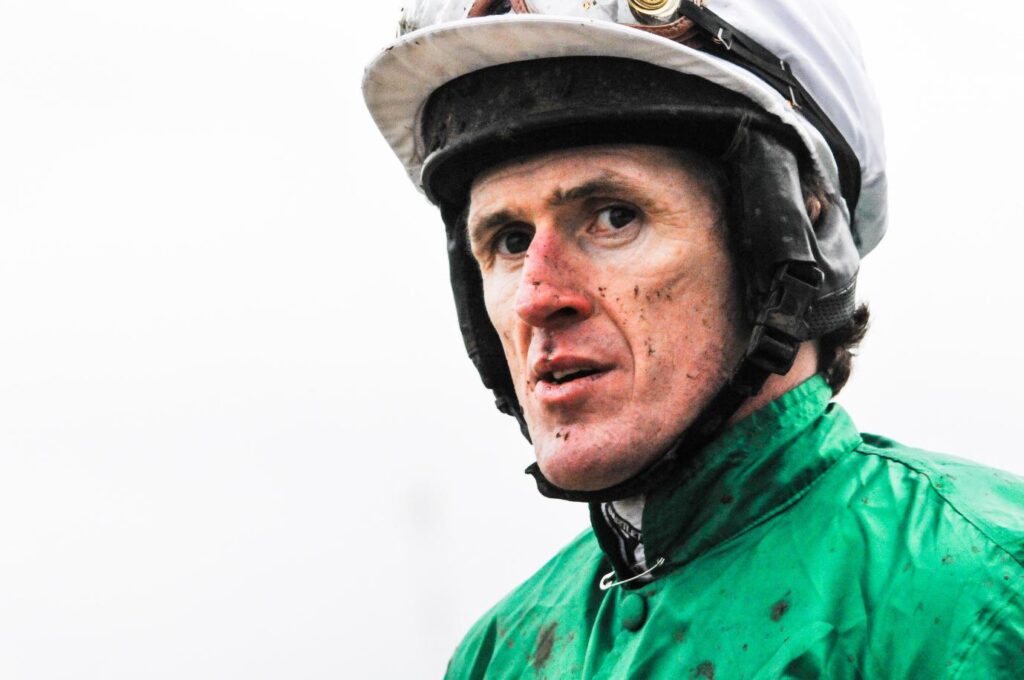 Sports fans often love keeping track of stats, probabilities, and scores. These skills also help with personal finances. When someone can spot trends and understand how likely something is to happen, it helps both in following sports and handling money. Many fans know their team’s record or a player’s points per game. These same skills can make it easier to handle a budget or plan for the future.
Sports fans often love keeping track of stats, probabilities, and scores. These skills also help with personal finances. When someone can spot trends and understand how likely something is to happen, it helps both in following sports and handling money. Many fans know their team’s record or a player’s points per game. These same skills can make it easier to handle a budget or plan for the future.
Financial discipline requires many of the same traits that make someone a knowledgeable sports supporter: patience during losing streaks, knowing when to take calculated risks, and recognising the difference between short-term fluctuations and long-term patterns. Just as dedicated fans track performance statistics throughout a season, applying similar attention to personal spending habits and investment returns can bring strong results.
The connection between sports fandom and money management extends beyond simple number-crunching. Both require emotional self-control, knowing when to trust the process despite temporary setbacks and when to adjust strategy. Noticing these parallels allows sports enthusiasts to use their existing analytical skills to build more secure financial futures.
The Budget Defence Strategy
Just as sports teams need strong defence to win championships, personal finances need protection through careful budgeting. Creating a financial game plan with clear budget categories helps sports fans apply their analytical mindset to money matters. Each category plays a specific role in protecting financial goals, similar to defensive positions on a team.
Sports fans understand that even the best teams need a solid defensive strategy. The same applies to personal finances. Setting up an emergency fund acts as the last line of defence against unexpected financial challenges. Many financial professionals suggest having a few months of expenses saved, similar to how teams prepare backup players for injuries.
Taking this analytical approach supports smarter money decisions. Sports fans often review available data and check historical trends before making predictions. Placing a bet involves similar analytical thinking. This approach transfers well to personal finance, from tracking expenses to setting savings targets.
Building Your Financial Squad
Assembling the Right Team
Championship teams aren’t built around a single star player. Similarly, financial success often depends on assembling the right team of advisors and mentors. Just as sports teams have specialists for different positions, a financial team should include professionals for various needs.
A strong financial roster might include an accountant for tax planning, a financial advisor for investment strategies, and an insurance agent for risk management. Each plays a specific role, just like positions on a sports team. The combination of these specialists creates a balanced approach to financial management.
Evaluating Financial Advice
The quality of advice matters tremendously. Sports fans rely on player statistics and performance metrics to judge ability. In the financial realm, choosing advisors with verified credentials, proven track records, and positive client reviews ensures sound guidance tailored to personal goals.
Reading the Financial Field
Sports fans excel at analysing games, spotting patterns, and predicting outcomes based on statistics. These same skills transfer well to working with financial markets and making investment decisions. Pattern recognition helps guide financial choices, just as it helps predict game outcomes.
Pattern recognition is important in both sports and investing. Sports enthusiasts who can recall historical performance statistics can use this same mental framework in financial markets. Noticing how certain economic indicators affect market sectors is similar to understanding how weather conditions might impact a team’s performance.
Emotional decisions rarely lead to success in sports or finance. The best sports analysts rely on data rather than feelings, and successful investors do the same. When markets drop, many people panic sell, but those with a sports analyst mindset understand that short-term volatility doesn’t necessarily change the longer outlook.
This patience mirrors how true fans support their team through losing streaks, knowing that a sound strategy often wins over time. Making a bet based on careful analysis rather than emotion typically yields better results, just as in financial planning.
The Disciplined Training Approach to Saving
Athletes follow strict training routines to improve performance. Similarly, creating consistent saving habits builds financial strength over time. Sports fans who understand the value of regular practice can bring this structured approach to their savings strategy.
Just as athletes set progressive training goals, savers should establish step-by-step savings targets. Starting with small, achievable goals and gradually increasing them improves financial fitness. Beginning with saving a small percentage of income, then working up to a higher amount, can help build the saving habit without overwhelming the budget.
The compound effect in savings works much like consistent training in sports. Small, regular contributions add up significantly over time. Setting up automatic transfers to savings accounts reinforces this routine, much like how athletes stick to training schedules regardless of motivation levels.
Risk Management Tactics from the Playbook
Smart sports fans understand team composition principles. A winning team needs a mix of players with different strengths. Similarly, diversification in investments spreads risk across various assets. A football team wouldn’t field eleven strikers, and an investment portfolio shouldn’t concentrate in a single sector or company.
Knowing when to take calculated risks versus playing it safe is important in both sports and finance. Championship teams know when to make aggressive plays and when to protect their lead. In financial terms, this might mean increasing stock exposure during younger years while shifting toward more conservative investments as retirement approaches.
Learning from losses without derailing strategy separates successful sports fans from fair-weather supporters. The same resilience helps in financial planning. Market setbacks, like losing games, provide lessons. Instead of abandoning strategy after difficulties, these experiences can help adjust approach while maintaining core financial principles.
Sports fans understand that success requires both strategy and discipline. Applying these same principles to money management allows enthusiasts to use their analytical skills for financial results. The habits that make someone a knowledgeable sports supporter form a strong basis for financial progress.
Making use of these parallels between sports fandom and financial management offers more than just familiar territory. It provides a practical route for building financial resilience. When sports fans apply their statistical thinking, patience, and habit-forming mindset to their personal finances, each decision supports long-term security. These consistent habits help transform passion for sports into financial stability.

 Liking to have a ‘flutter’ and making it work for you financially, is all a matter of knowing your strengths and weaknesses. There are many sports I wouldn’t touch with a bargepole betting wise as I’m just not drawn to them. The knock on effect of that is that it’s hard to dedicate enough time and consideration to them to make it pay. However, that hasn’t ever been the case with horse racing. I’ve been betting on racing for as long as I’ve been able and have analysed form, yards, trainers, jockeys you name it to the nth degree, to give me an edge and help me recognise a value bet when I see it.
Liking to have a ‘flutter’ and making it work for you financially, is all a matter of knowing your strengths and weaknesses. There are many sports I wouldn’t touch with a bargepole betting wise as I’m just not drawn to them. The knock on effect of that is that it’s hard to dedicate enough time and consideration to them to make it pay. However, that hasn’t ever been the case with horse racing. I’ve been betting on racing for as long as I’ve been able and have analysed form, yards, trainers, jockeys you name it to the nth degree, to give me an edge and help me recognise a value bet when I see it. We are still months out from the 2026 Cheltenham Festival, but the form lines are starting to take shape, the ante-post markets are shifting, and the sport’s biggest names are laying down their early-season markers. And when it comes to owners, none are bigger or more influential than JP McManus.
We are still months out from the 2026 Cheltenham Festival, but the form lines are starting to take shape, the ante-post markets are shifting, and the sport’s biggest names are laying down their early-season markers. And when it comes to owners, none are bigger or more influential than JP McManus.